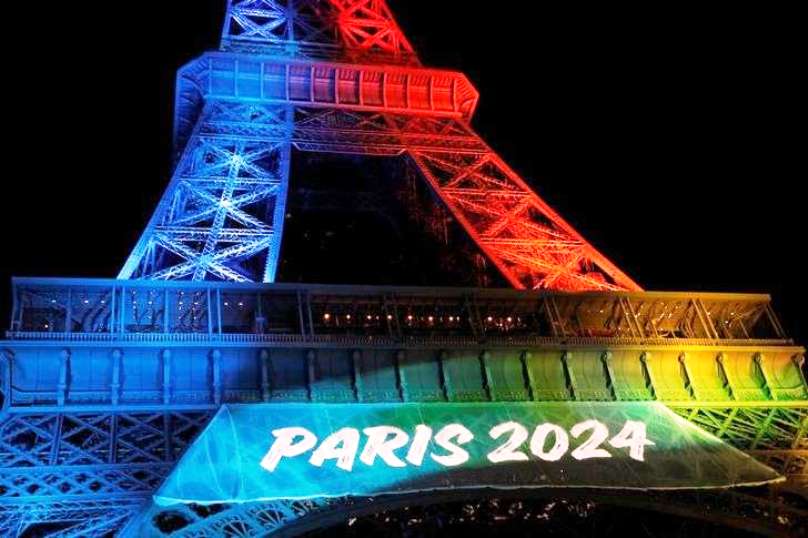
Barely six months after Paris was picked to host the 2024 Olympics and more than six years before those Games are scheduled to open, French budgetary watchdogs are warning of cost overruns.
To prevent what one French economist, Wladimir Andreff, called “the curse of the victorious bid” French authorities are already scrutinising plans to ensure that Paris holds as closely as possible to its 6.8 billion euro ($7.9 billion) budget and, in particular, does not exceed the 1.5 billion euros the government has promised to contribute.
The Olympic price tag has long had a habit of growing. A study of host cities by the Said Business School at the University of Oxford said the Games have “the highest average cost overrun of any type of mega-project.”
On Wednesday, Parisian media published details of an “alert to ministers” dated February 12 which AFP has also read. It is not reassuring.
The provisional report prepared by the French inspectors general of finance (IGF), sport (IGJS) and environment (Cgedd) talks of “real risks of non-completion in time of some facilities of significant additional costs”.
It warns that “tough choices” are necessary which could call into question agreements with some of the communities due to host facilities.
Sports Minister Laura Flessel responded by stressing that the report did not say “‘You will exceed the budget’ but ‘this is what you have to do to meet the budget'”.
The provisional report raised questions about the planned Olympic village by the Seine north of Paris, which is intended to accomodate 10,000 competitors and then become 3,000 housing units.
The inspectors pointed out that the site has also been earmarked as a workshop for construction of a metro extension, contains archaeological remains, a school and a residence for migrant workers.
They predicted delays if the plan was not altered.
The inspectors also called the planned volleyball and badminton courts “abnormally expensive” saying they foresaw an overspend of 50m euros on an already high price tag of 172m euros.
They were also unhappy about the plans for a swimming pool next to the Stade de France in Saint-Denis, predicting a “very significant jump” from a proposed budget of 130m euros to 250m.
They queried the “architectural choices” being made and foresaw an operating deficit after the games when the pool is intended to switch to public use in an area where one in two children reach secondary school unable to swim.
The report also queried the necessity of a village to accommodate visiting journalists.
The findings drew an indignant response from Stephane Troussel, the president of the regional council of Seine Saint-Denis which will host most of the Olympic sites.
“We are not in the Republic of the Inspectors of Finance, we can’t change the winning plan,” he told AFP. – Agence France-Presse
































